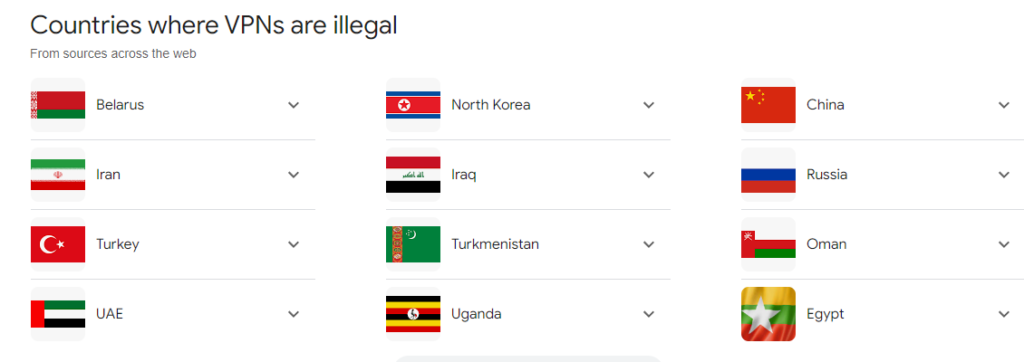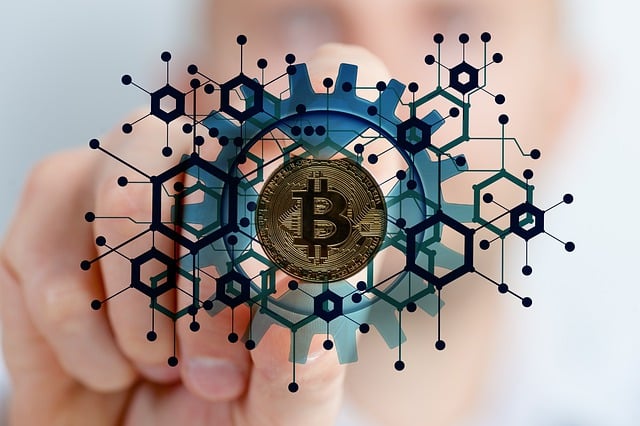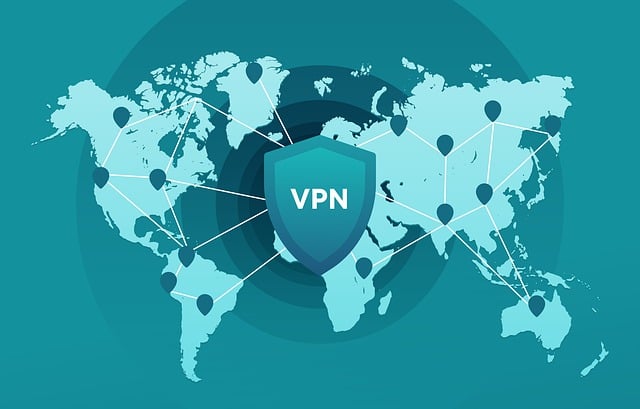What Are the Downsides of Using a VPN Regularly?

Virtual Private Networks (VPNs) are becoming indispensable tools for improving online security and privacy in an increasingly connected digital world. However, VPNs have drawbacks of their own, just like any other technology. We’ll examine all of the drawbacks of frequently utilizing a VPN in this extensive post, along with helpful information to help you decide.
1. Decreased Internet Speeds

Your internet traffic is redirected through a remote server when you establish a VPN connection. Certain cheap VPNs can drastically reduce the speed of your connection, even though reliable VPNs reduce the effect on speed.
Longer page load times, buffering when streaming, and unpleasant online experiences can all be caused by slow speeds. Select a VPN provider like NordVPN, which is renowned for having little to no speed impact, to avoid this.
2. Streaming Service Blocks
VPNs are deliberately blocked by streaming providers like Netflix in order to impose regional content limitations. You may not be able to watch your preferred TV series or movies if you use a subpar VPN. Choose a dependable VPN that can easily get around streaming restrictions and unblock geo-restricted content.
3. Limited Bypassing of Censorship
Not all VPNs can successfully get beyond limitations imposed by the government, despite the fact that they are helpful for getting around some censorship efforts. Select a VPN service with strong anti-censorship features if you reside in a nation with stringent internet regulations.
4. Legal Restrictions in Some Countries

VPN use is prohibited or even banned in several nations. To ensure compliance, familiarize yourself with local rules and regulations prior to using a VPN. VPNs give you privacy, but they shouldn’t give you the impression that you’re above the law.
5. Inconvenience and Frequent Logins
There can be extra procedures involved in using a VPN, including often entering your login credentials. Accessing online accounts can be inconvenient due to VPN IP addresses being blocked by some websites and services. Be ready for sporadic difficulties logging in.
6. Data Logging by Free VPNs
Free VPNs frequently record user information, such as web browsing habits, and may resell it to outside parties. A premium VPN with a rigorous no-logs policy is the better choice if privacy is your top concern.
7. Connection Drops

Cheaper VPNs could have frequent connection failures that interfere with your internet usage. To prevent disruptions, pick a reputable VPN with steady connections.
Conclusion
Although VPNs provide many advantages, it’s important to be aware of their drawbacks as well. Give trustworthy VPN providers first priority, evaluate your unique requirements, and select a service that strikes a balance between performance, security, and privacy. Keep in mind that not all VPNs are made equal, so make sure to get one that meets your needs.
Stay informed, stay secure, and make the most of your online experience!
Loading newsletter form...






